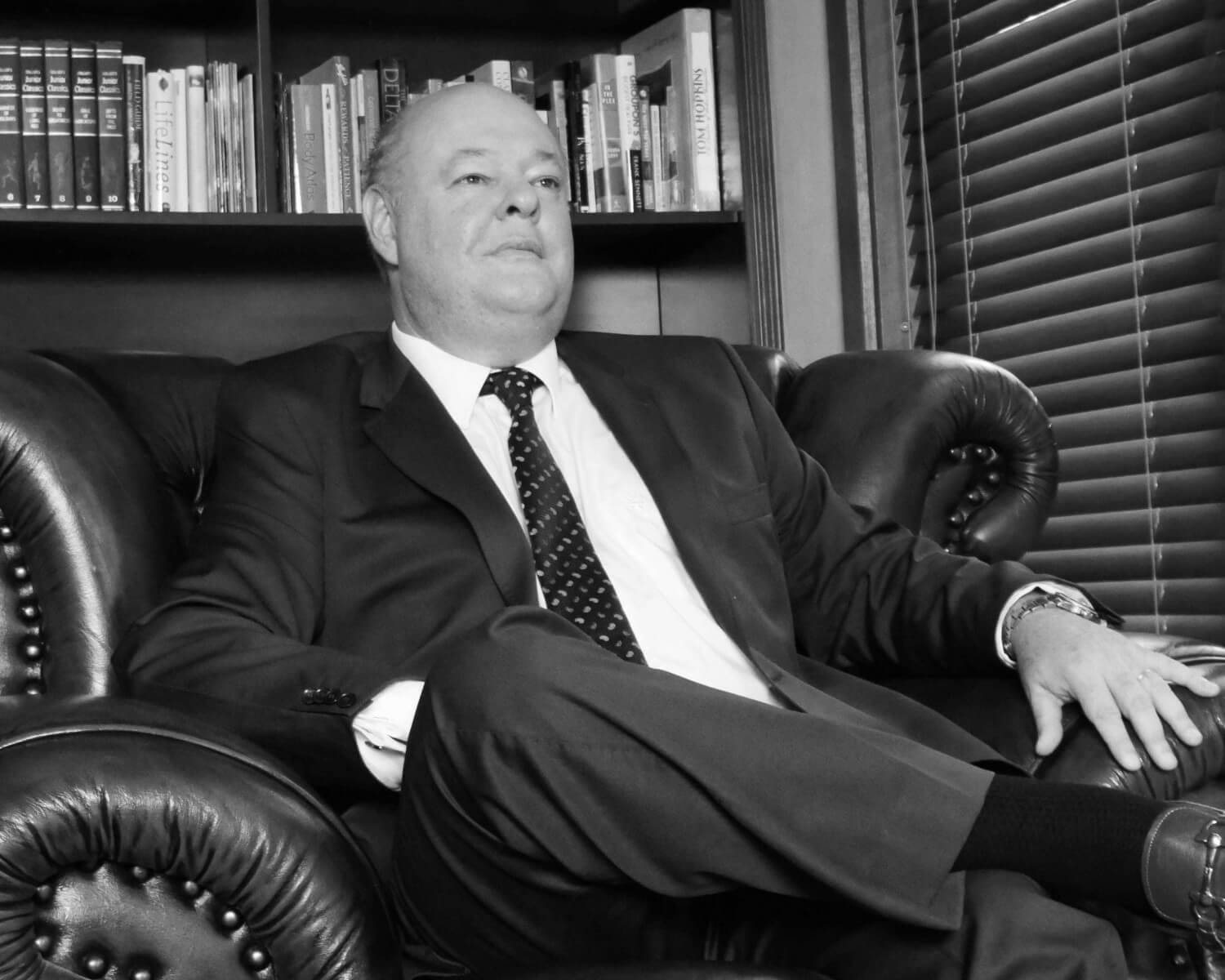When you are considering appointing an intermediary or advisor to help you sell or buy a mid-market company it is important to select a good one. There are a few decent advisors but there are many whom are inexperienced and purely chasing the next commission cheque. Acquiring or selling a multi-million dollar business is a serious matter and you should have the best possible representation. Based on 25 years’ experience of buying and selling companies I have developed a few guidelines to help you select the right one.
1. Business experience. There is a big difference between advisory experience and business experience. Many advisors have never started or managed a business, paid a wage or signed an office lease, and cannot fully relate to the needs or concerns of the buyer or seller. The best is to select an intermediary that is also an entrepreneur as their business acumen will often assist to overcome obstacles in the deal process.
2. Deals experience. To successfully close your transaction the intermediary personally must have a good track record of many deal closures. Some large advisory firms will allocate to a transaction a novice who may have worked on one or two “large” deals but lacks the deals closing experience or variety to overcome the complexities that arise frequently.
3. Technical Knowledge. A multi- million dollar M&A deal can be complex. A good intermediary would have spent thousands of hours mastering the necessary accounting, finance, structuring, taxation and legal requirements to facilitate and negotiate the sale, acquisition or merger of a company. Check their qualifications, knowledge and skills across this broad spectrum of requirements. Although the deal may require specialised professional advisors, the intermediary needs a high degree of technical knowledge to mediate the different positions and arguments that the parties may take. A lack of technical knowledge can easily cause a deal to collapse or not being maximised.
4. Trust. Your sense of trusting the intermediary should be a top priority. Try to understand the value system of the person and the source that drives them to do the right thing. Ethics and transparency usually become a real issue in the midst and heat of a complex deal. Remember that the intermediary is your chosen representative so you must trust them.
5. Sales & Marketing capability. In essence M&A is a sales & marketing effort. Without a seller and a buyer we have no transaction – we have nothing. To find the right business or acquirer requires a sophisticated marketing effort. Most advisors are from an accounting, finance, investment banking or legal background with little to no sales & marketing experience or capability. You need to question them on their techniques for sourcing qualified prospective acquirers and finding quality businesses. Try to understand their sales skills as you will be working closely together over months to close the deal.
6. Chemistry. A typical M&A transaction can take 3 to 12 months to close plus a further period for escrows, earn-out, lock-up or other performance obligations. You want to work with someone that you believe you can get along with through good days and tough days. Someone you can even enjoy to spend time with and inspire each other. Also someone you think will get on well with your accountant and lawyer as well as the other side of the transaction. Can the intermediary build a bridge between all the parties when things get tough? Look out for that special chemistry.
7. Grit. To succeed in the complex M & A world it is essential to be passionate with perseverance. At least 10 years of staying power is required to build belief, wisdom and confidence with substance. You want a seasoned representative that will persist with joy through the entire journey to closure. A good intermediary is the committed one that will not panic when the deal seems to go off the rails but will also not become complacent when all seems good.
8. Expert matter. You are better off to select an intermediary who is considered an expert in dealmaking of your transaction size and industry. Expert status may only be attained after a minimum of 10 years and 25 deal closures. Only an expert can sufficiently anticipate potential complications and effectively respond to sudden difficulties.
9. Grey matters. There is no substitute for life experience. M&A is about dealing with another person that must make a decision to buy or to sell the company. Effective persuasion and negotiation skills are directly linked to your ability to draw parallels with real life stories and incorporating these into the process.
10. Competitive Fire. The M&A market is extremely competitive. There are many companies for sale but few are great businesses. Likewise there are many acquirers wanting to buy but few are qualified with the means to settle. How competitive is your intermediary? Be sure to check the track record and ask how they intend beating the competition. Is there still fire in the belly and a confident determination to succeed?
Written by Tony Wiese, principal at Wiese & Stone M&A advisory

